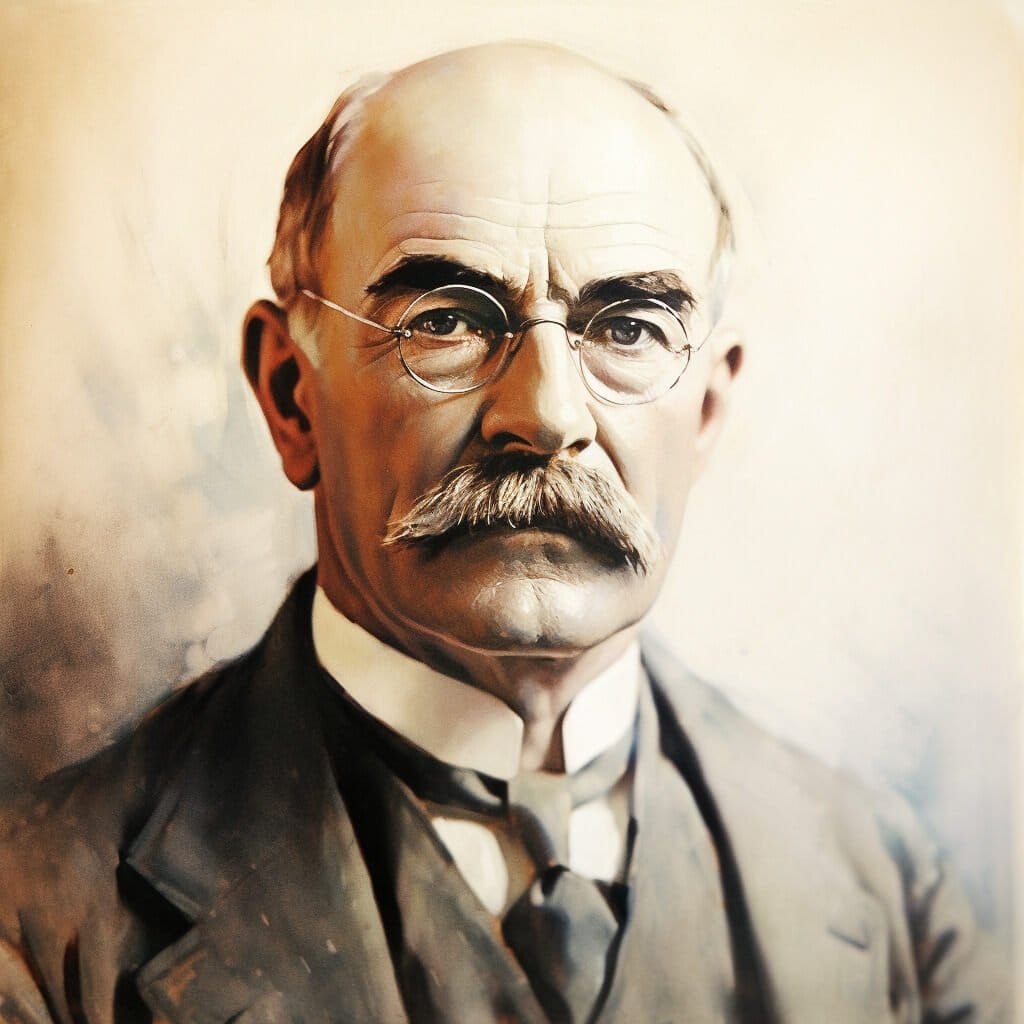If—
Many people consider ‘If—’ to be one of the most inspirational poems ever written. It is certainly a poem that has garnered a great deal of attention in popular culture.
If you can dream—and not make dreams your master;
If you can think—and not make thoughts your aim;
If you can meet with Triumph and Disaster
And treat those two impostors just the same;

